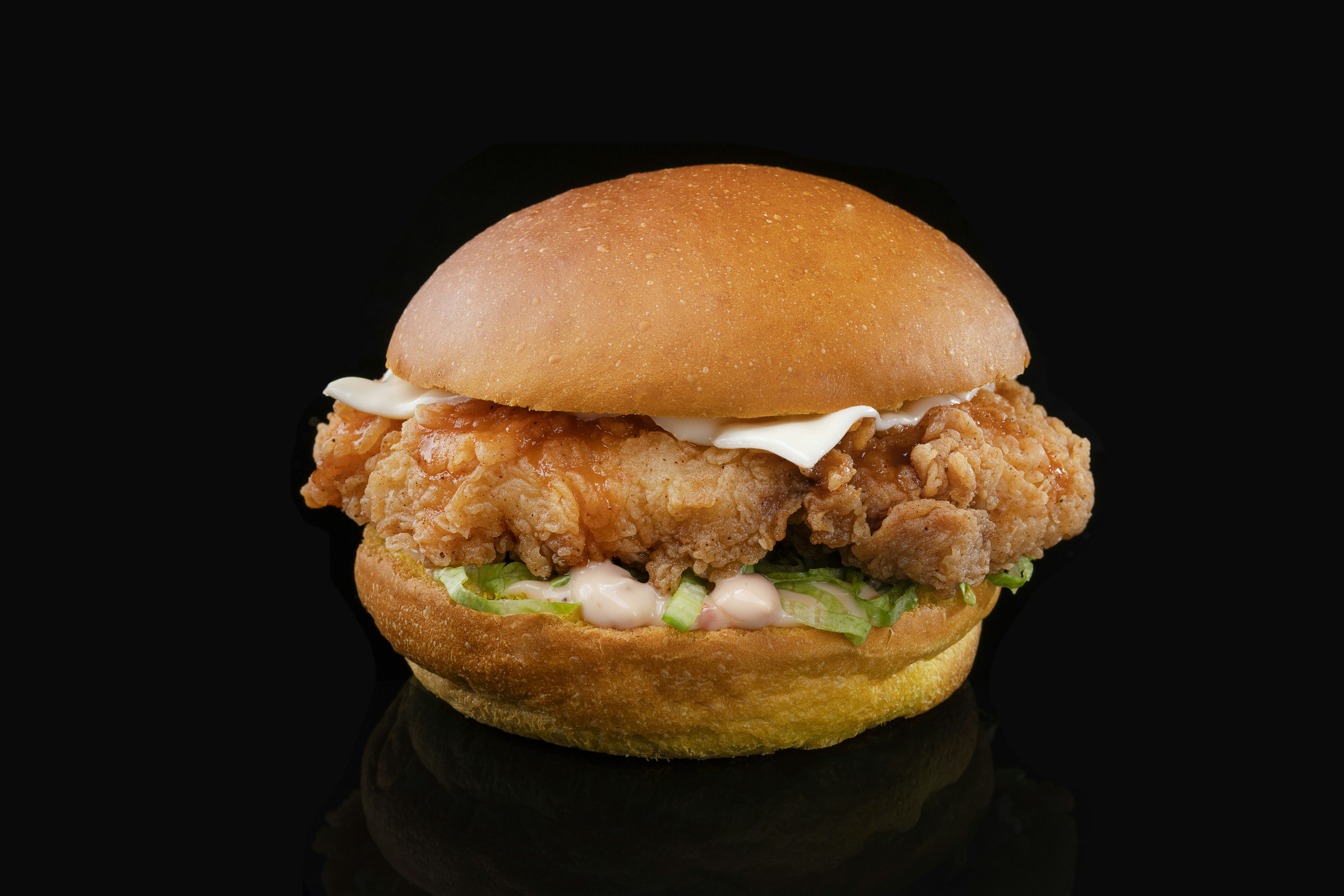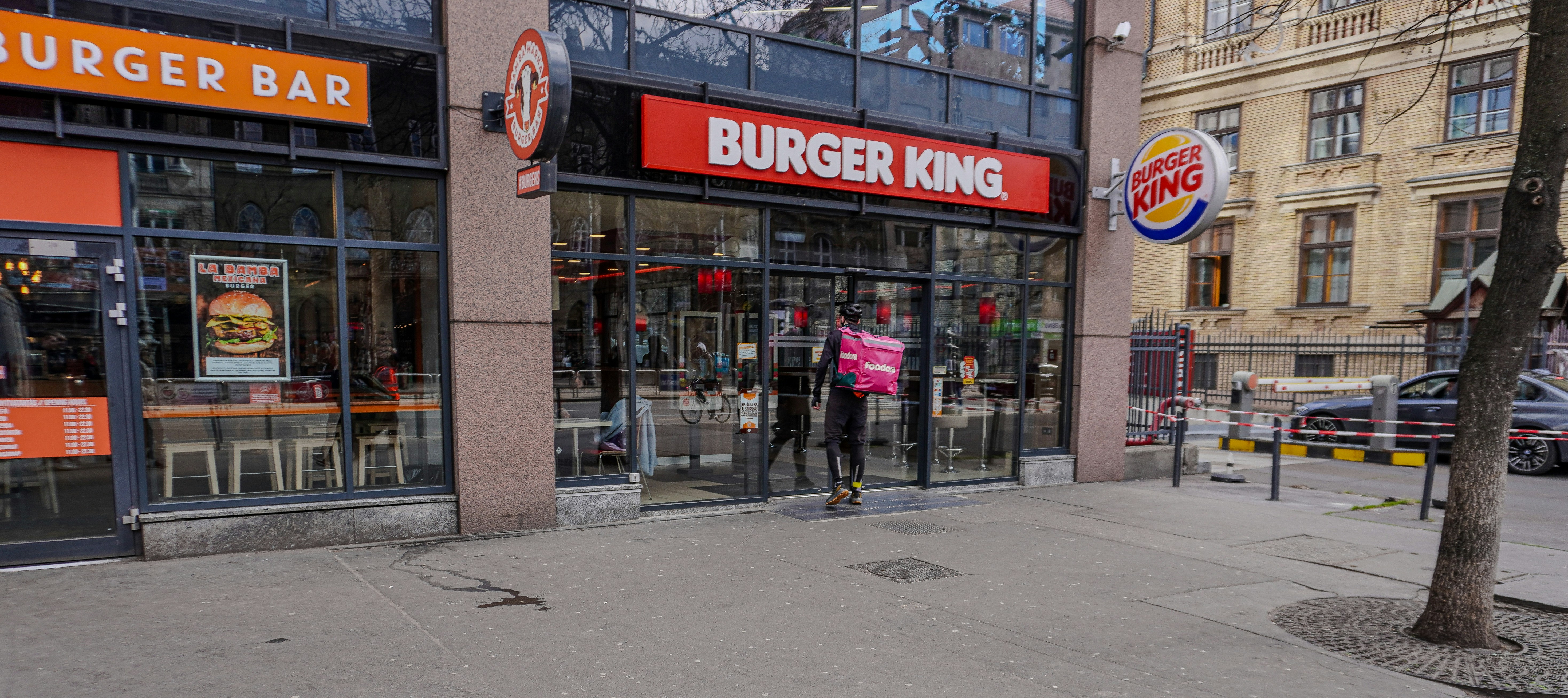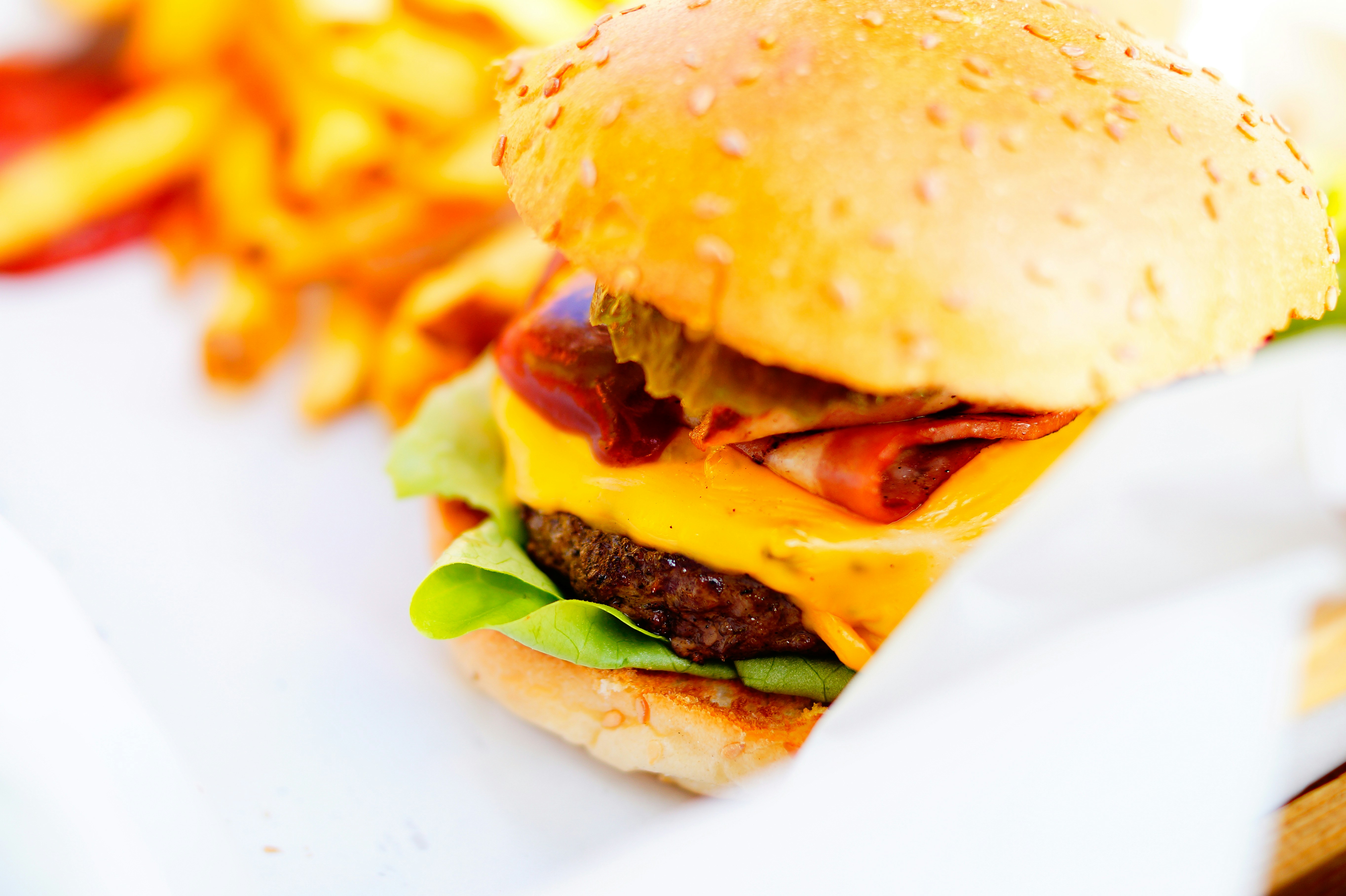Maximizing Sales and Efficiency Through Restaurant Remodeling Programs: A Case Study of Burger King's Royal Reset
Explore how Burger King's Royal Reset program is transforming its brand image and driving sales through strategic restaurant remodeling. Learn how this initiative impacts franchise operations in the QSR industry.

Photo by Food Photographer on Unsplash

Photo by Food Photographer on Unsplash
Introduction to Burger King's Royal Reset Program
In 2022, Burger King introduced the Royal Reset program, aimed at revamping its stores to drive sales growth and modernize its brand image. Previous remodeling initiatives by the company had shown a 12% increase in sales on average at renovated locations in the first year. The Royal Reset builds on this success by focusing on strategic remodeling efforts that target restaurants with high return on investment potential.

Photo by Food Photographer on Unsplash
The Success of the Royal Reset Program
Initial results from the Royal Reset program have exceeded expectations, outpacing the average 12% sales lift achieved by earlier remodeling projects. This success can be attributed to the program's emphasis on targeting restaurants with significant ROI for remodels, rather than prioritizing units nearing the end of their franchising contracts. By selecting locations strategically, Burger King has been able to enhance customer experience and drive sales more effectively.
The Sizzle Store Image Design
As part of the Royal Reset expansion, Burger King introduced the Sizzle store image design. This new concept aims to modernize the brand further and enhance customer perception. Initial feedback from early Sizzle store openings has been positive, indicating that customers are responding well to the updated design elements. The Sizzle design is set to play a crucial role in transforming the Burger King brand in the US and keeping it competitive in the market.
Acquisition and Expansion Strategies
In a bold move earlier this year, RBI acquired Burger King's largest U.S. franchisee, Carrols Restaurant Group, for $1 billion. This acquisition was part of RBI's strategy to accelerate the pace of remodels across the franchisee's store network. With plans to remodel 600 former Carrols Burger King locations by 2028, RBI aims to reinvigorate these stores and ultimately refranchise the majority of them. This aggressive expansion and remodeling strategy aligns with Burger King's goal of modernizing its brand image and driving sustainable growth.

Photo by Food Photographer on Unsplash
Navigating Industry Challenges
The significant sales lift generated by the Royal Reset program comes at a critical time for Burger King and its operators. The QSR industry has been grappling with challenges such as slow recovery from the impact of COVID-19 and shifting consumer sentiments. By outperforming key competitors like McDonald's and Jack in the Box in the last quarter, Burger King has demonstrated its resilience and adaptability in a competitive market landscape.
Comparative Performance in the QSR Segment
Despite a drop in comparable sales, Burger King managed to outpace McDonald's and Jack in the Box in the U.S. burger QSR segment. By leveraging initiatives like the 2024 value competition, Burger King positioned itself ahead of the competition, showcasing its ability to stay agile in responding to market dynamics. This competitive edge has been instrumental in driving customer engagement and loyalty.
